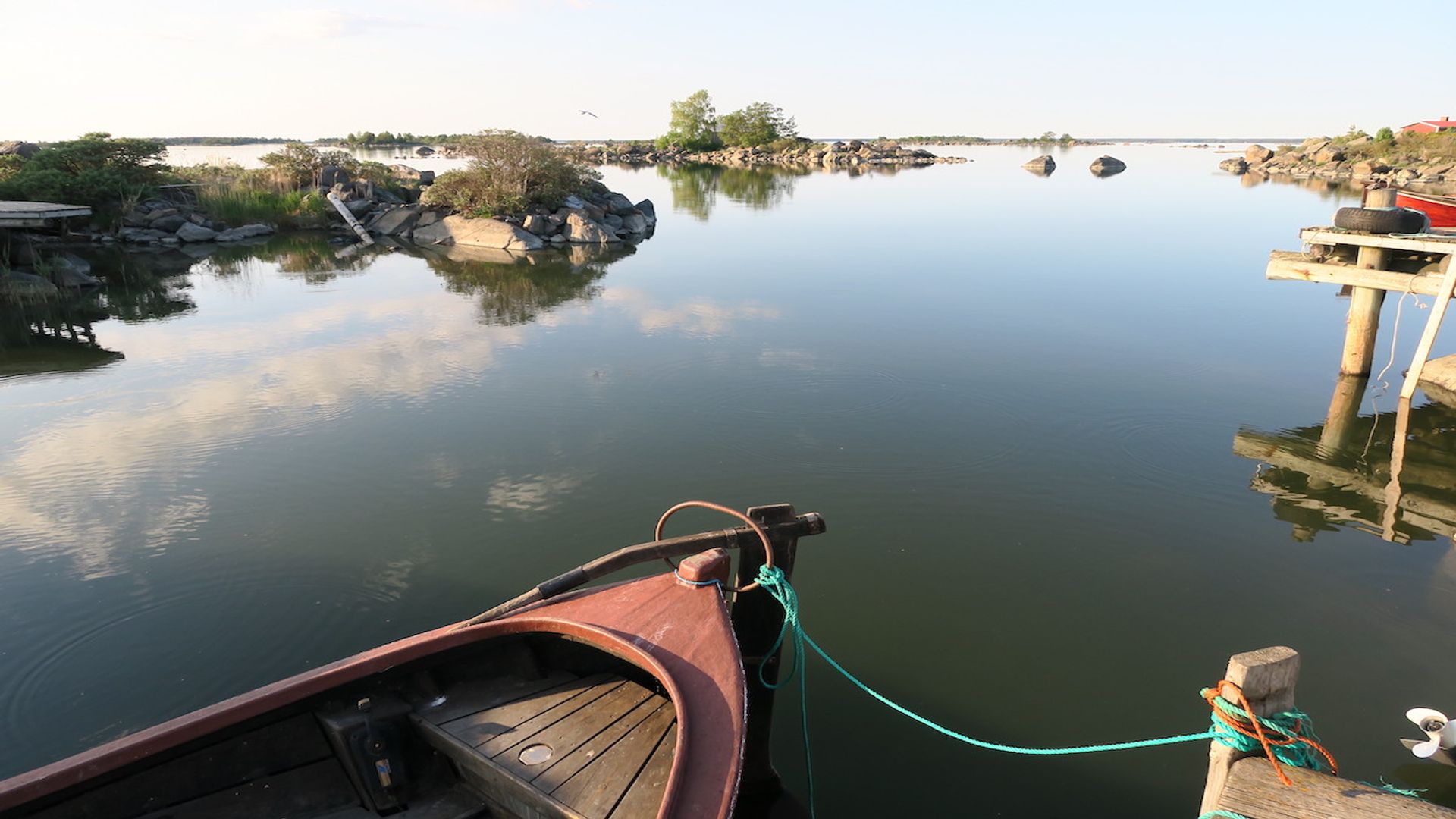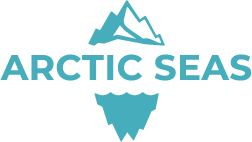Arctic seas
2/16/2026
New Indigenous Knowledge of Bowhead Whale Released
Today Arctic Passion - the EU -funded monitoring programme, has released a new unique Indigenous knowledge database of bowhead whale from Chukotka, Nunavut and Greenland.
These consented materials have been collected from open sources and archives. The materials from Chukotka are based on archival and literature sources.
This collection of StoryMaps presents knowledge and observations from Indigenous communities in Chukotka, Greenland and Nunavut, as well as scholarly works, concerning the importance, status and trends of the Bowhead whale (Balaena mysticetus).
Chukotka
The cultural relationship with bowhead whale (Balaena mysticetus, Zelensky et al. 1997, Bogoslovskaya et al. 2016, Melnikov and Zdor 2018) and the Chukchi and the Siberian Yupiaq of Chukotka is old and extremely relevant (Bogoslovskaya et al. 2016).
Greenland
Bowhead whales (Balaena mysticetus), Arfivik in Greenlandic, have historically held deep cultural and subsistence importance for Inuit communities in Greenland. Once nearly eradicated by commercial Euro-American whaling between the 17th and 19th centuries, bowhead populations have gradually recovered especially in West Greenland after nearly 80 years of protection.
Nunavut
The Inuit from Nunavut, Canada have had a cultural relationship with bowhead whale (Balaena mysticetus) or arviq for a long time (Bennett and Rowley 2004, Reeves and Lee 2022). Harvesting the bowhead whale is and has been, as all Inuit hunting activities, a part of a large cultural whole in Nunavut.
Link:
https:
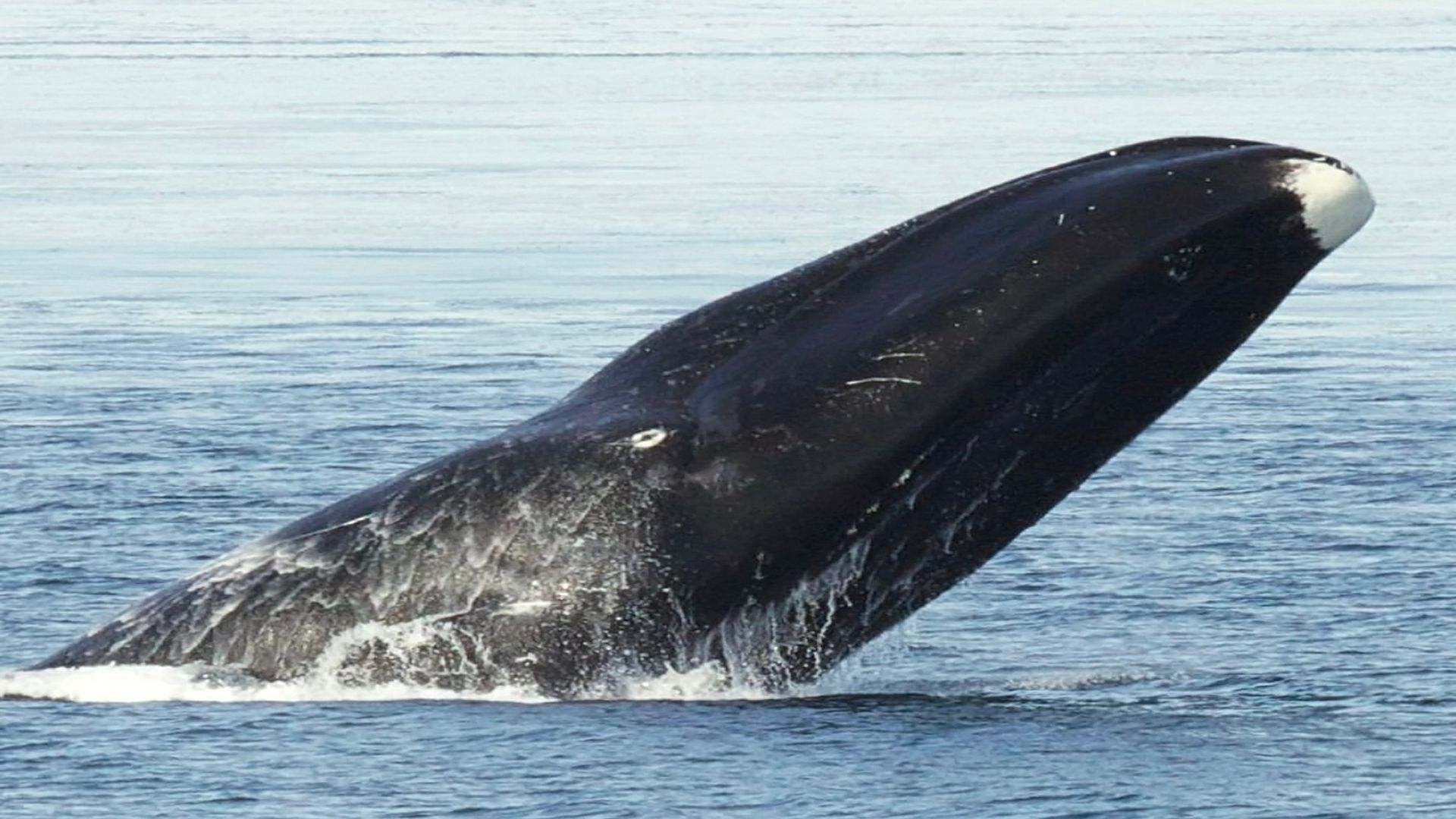
Arctic seas
12/16/2025
The Role of Customary and Traditional Knowledge and Law Practices in the North Atlantic: Oral Histories from the Faroe Islands
A new science article discusses Snowchange work in the Faroe Islands and oral histories associated with environmental change.
This article focuses on the role of customary knowledge, practice and cultural continuation associated with oral histories of Faroe Islands. Four thematic areas are analyzed– pilot whale hunting, household and artisanal fisheries, pollutants, and social practices. The research builds on a 20-year engagement with over 20 knowledge-holders to explore what elements of customary law may continue to the present using oral history, participant observations, field trips and community workshops as methods. Additionally, novel and important observations of marine and environmental change are reported. Whaling has a significance for the community in the Faroe Islands through the meaning individuals have associated with it. The article provides evidence that the continued practices are linked to traditional Scandinavian customary practices that have persisted through adaptation and change continued to present day.
Link:
https:
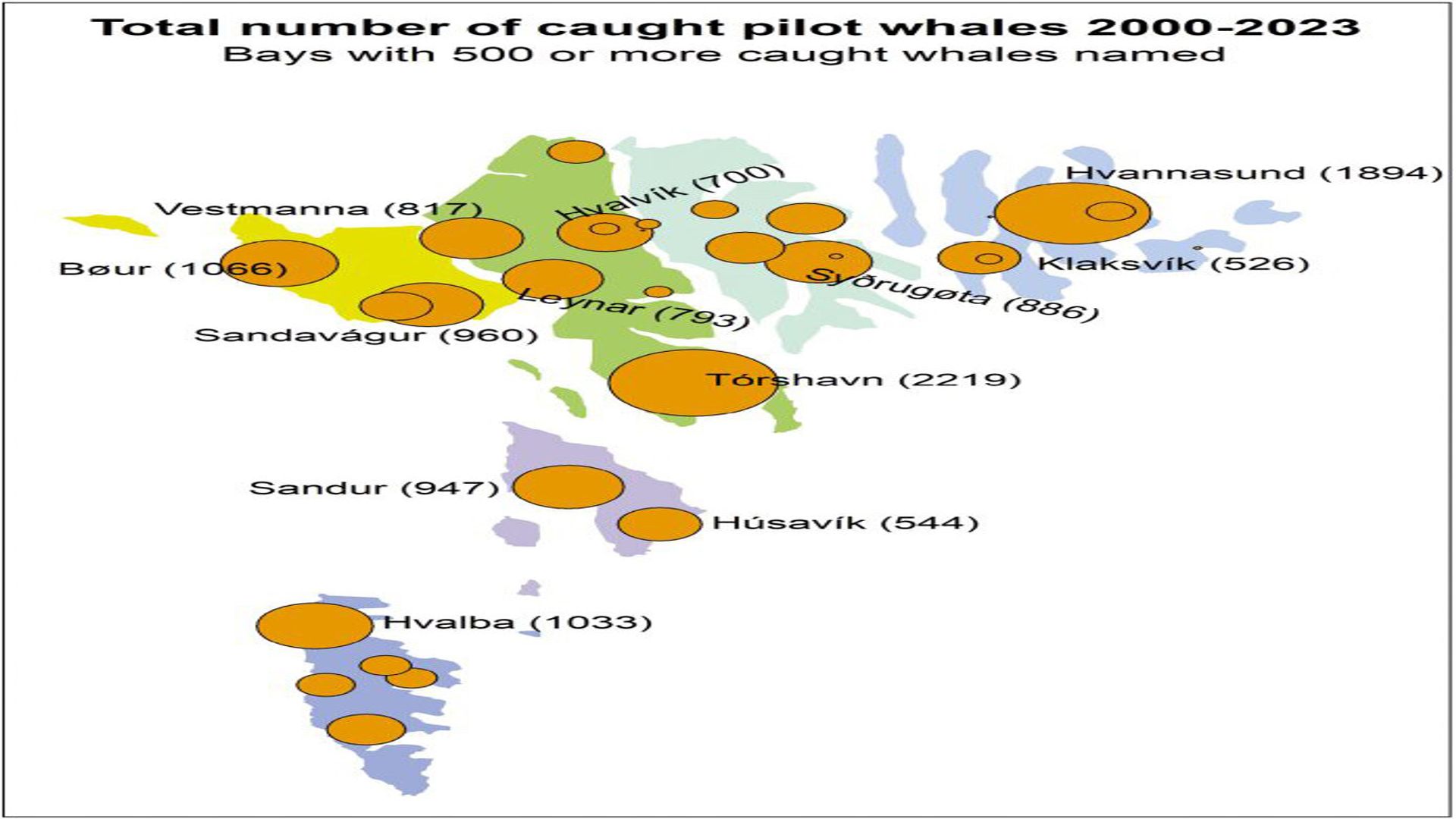
Arctic seas
10/5/2025
Three New Indigenous Coastal Resources Added
In the Porsanger fjord in Finnmark, northern Norway, coastal Sámi livelihoods and the marine ecosystem have been and continue to be impacted by climate and biodiversity change such as invasions of seals and king crabs. Overfishing and failed fisheries regulations also contributed to the degradation of marine ecosystems and local livelihoods.
Three StoryMaps resources have been added from the coasts of Sápmi in Norway to the Arctic Seas. They describe work in Porsanger Fjord, Indigenous Knowledge as a basis of coastal and marine impact assessments and management and lastly the Indigenous Salmon Rivers of the Future as seen by Sámi in Deatnu.
See maps and below for an example.
Link:
https:
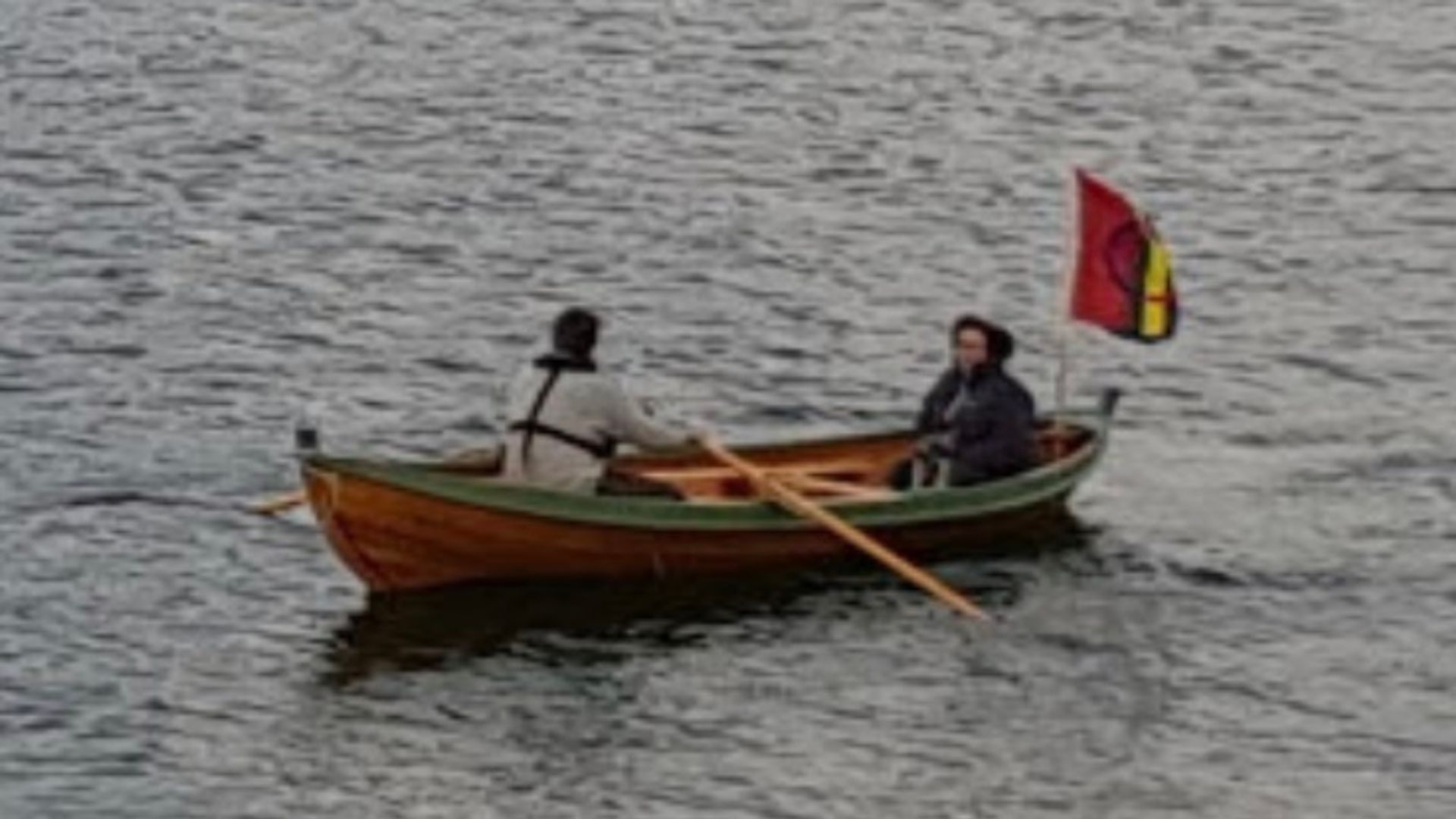
Arctic seas
8/9/2025
Unalakleet Indigenous Knowledge Database Released
After much waiting the much-anticipated Unalakleet Climate and Indigenous Knowledge Database has been released. Available below and on site.
Welcome to the Unalakleet Climate Events Database, which presents over 20 years of research materials, oral histories and Indigenous views on climate change affecting Unalakleet and Norton Sound, Alaska.
This collection of oral histories, observations, scientific data and knowledge has been created with the express permission and collaboration of Unalakleet co-researchers. It offers a critical reading of the current state of climate change impacts in the region in general, and through the lens of two keystone species, Pacific salmon and caribou, which are explored in detail as indicators of change.
The Bering Sea is the northernmost part of the Pacific Ocean, separating the continents of Asia and North America. To the north the Bering Sea connects with the Arctic Ocean through the Bering Strait.
In the 2019 Acrtic Report card, Indigenous Peoples from the Bering Sea area described the sea as "the world’s richest sea".
The Bering Sea hosts more than 300 species of fish, including salmon , herring, cod, flounder , halibut, and pollack. Bering Sea islands are breeding grounds for the fur seal and the sea otter and northern areas are inhabited by walrus , seal, and sea lion . Several whale species, notably gray whales, migrate to Bering waters to feed during the summer.
The Bering Sea is home to over 70 Indigenous communities of the Iñupiat, Central Yup’ik, Cup’ik, St. Lawrence Island Yupik, Unangan, and Chukchi Peoples, who have traditionally interacted with and relied upon the Bering Sea for their physical, cultural and spiritual health.
Unalakleet is a village located in Norton Sound at the mouth of the Unalakleet River in Alaska, USA.
The regional coordinators and Snowchange worked over 5 years with several community Workshops and guidance from the Elders to compile this StoryMap.
Link:
https:
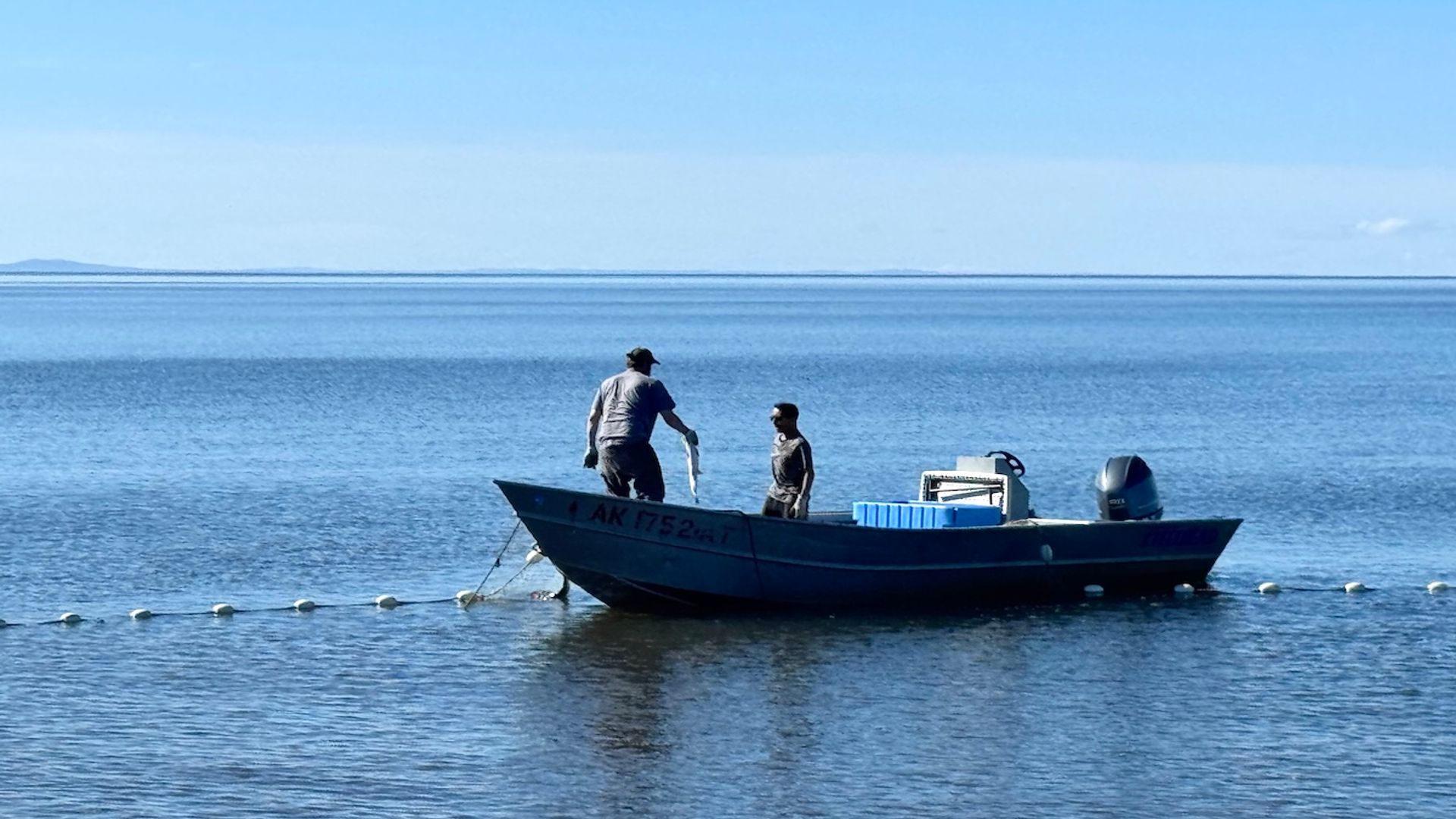
Arctic seas
6/30/2025
Annukka, New Marine Expert Joins the Team
New staff additions strengthen the marine team. Annukka Pekkarinen has joined Snowchange after some part time works in the past. Annukka is a Finnish science project coordinator with education in Maritime environmental research, Marine biology and coastal and marine management.
She is also a wilderness guide and a professional seafarer, with a decade of experience in the Arctic, mainly Iceland and Greenland and Antarctica.
She has been working since 2011 in various international coastal and marine management projects in the Baltic, North Sea, the Arctic and the Indian Ocean, on themes varying from eutrophication, Marine Spatial Planning to invasive species, hazardous cargoes and effects of shipping and noise to marine mammals.
Lately she has been working with interaction, communication and coordination of freshwater and coastal research projects focusing on mapping & measurement technology in the boreal region.
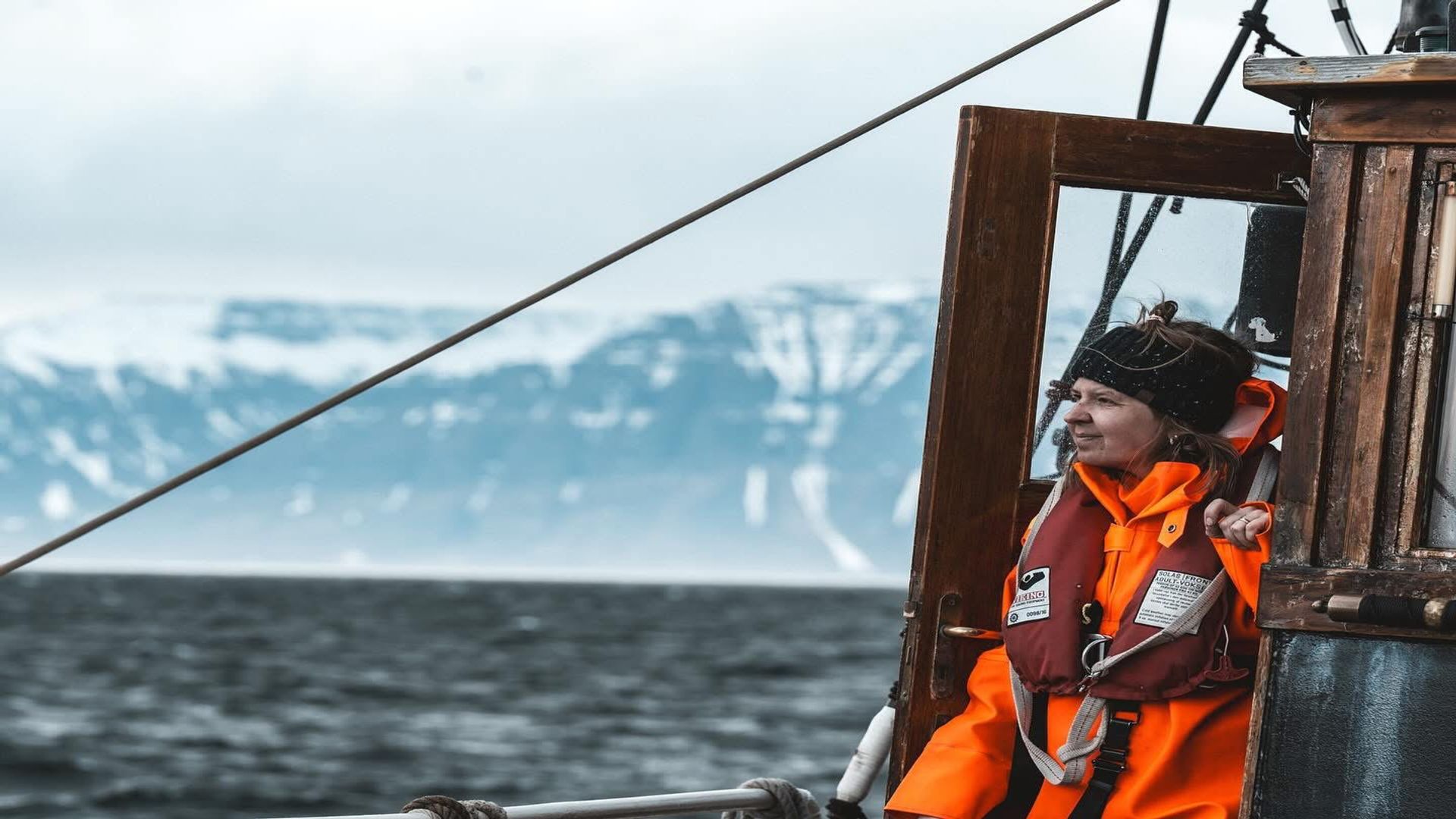
Arctic seas
1/12/2025
Tahltan Events Database Released
Observations of climatic, ecological and cultural change from the Tahltan Nation are documented in a large new database, as a part of the Arctic Passion and Arctic Seas work.
Tahltan researchers from Tu'dese'cho Wholistic Indigenous Leadership Development and the Snowchange Cooperative present a new database of Tahltan observations of climate, ecological and cultural change in the Canadian sub-Arctic.
Drawing on oral histories from Tahltan elders, as well as Tahltan science, self-documented videos and photos, the database is a vital effort to centre on-the-land, lived experiences of climatic change in efforts to tackle climate change in the Arctic and sub-Arctic.
The database discusses critically important knowledge from the Stikine River basin and the Alaskan and British Columbian maritime histories.
Link:
https:
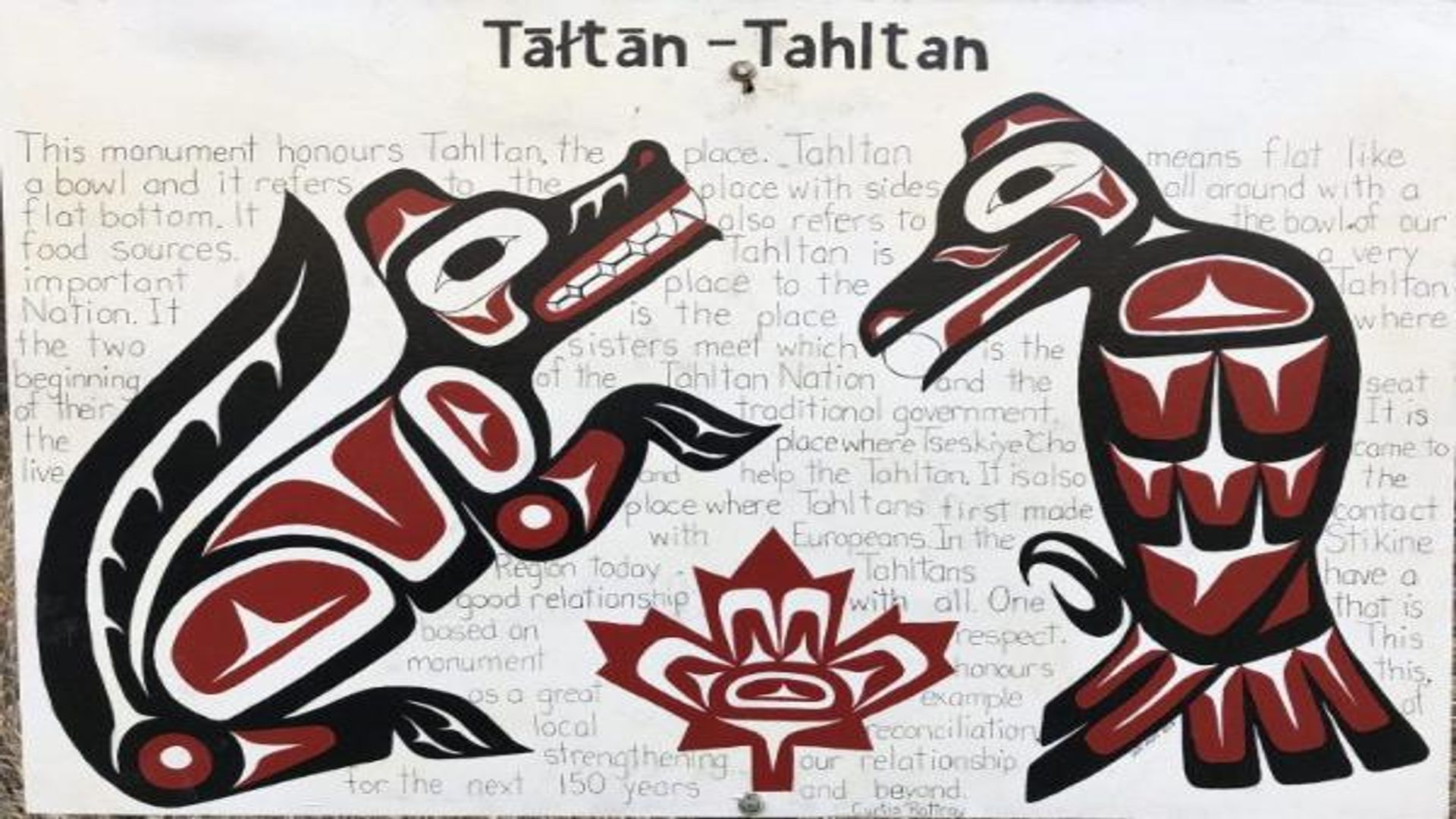
Arctic seas
6/7/2024
Major Indigenous Arctic Knowledge Hub Released Today
First-ever detection of microplastics in the Sámi rivers and lakes. Gwich’in knowledge reaching back to Myth Time unveiled. Local observations of marine species, fish and birds shows priorities for Western Greenland. Faroe Islands communities share their 20-year-long observations of pilot whales, marine pollution and sea birds. Russian Indigenous and Siberian communities pinpoint tundra fires, preservation of nomadic lifestyles and White Sea ecosystem changes. All of this and much more are unveiled today as a part of a unique Event Database of Indigenous Knowledge across the Arctic and boreal.
EU Horizon Project “Arctic Passion” and Snowchange have worked with hundreds of Indigenous and local knowledge holders since 2021 to prepare these Event Databases across the North. The communities want to share their knowledge of the changing Arctic. Additional support was received from Oceans Wide Small-Grants Programme of Snowchange.
(Arctic Passion -related communities are marked as RED on the LEFT hand side of the navigational window. If you click there, only AP communities become visible.)
Many past environmental events that Arctic societies have lived through remain largely unknown to contemporary scientific study. We have developed a living database that can be added to and expanded to cover the whole region.
With a respectful engagement with Arctic co-researchers community- embedded IK-LK has the potential to transform and provide a more complete view of the past environmental change, enhance present monitoring activities, and to build trust between local and scientific communities. Indigenous staff was positioned as key co-researchers who also own all their knowledge. Free, prior and informed consent was implemented in each action.
Released today, these Event Databases serve as unique repositories of climate and ecological change. They also translate observations from local languages into English and present contemporary weather and ecological monitoring and use of cultural indicators, visual and oral histories and other means to establish baselines of change. Event Databases also reconstruct key events and offer historic depth to many changes at present.
Central node for all Databases is the Arctic Seas portal. Below each community Database can be accessed directly. Some of the communities will join the wider whole during the summer so the Arctic Seas portal will be updated through the season.
The Skolt Sámi Event Database focuses on discovery of microplastics both in the Näätämö river basin, region’s lakes and the Neiden Fjord. Accompanying this are the first-ever Skolt Sámi ethnobotanical overviews and drone documentations of melting palsa permafrost sites. A science paper summarizes the key findings of the interplay between Indigenous knowledge and science.
Gwich’in knowledge has been curated over the past three years with knowledge holders and experts of oral history. Presenting accounts starting from the Myth Time all the way to 2000s the Gwich’in home area is highlighted both in photos and in oral history. Drawing on hundreds of hours of expert testimony from Gwich’in elders, the database is a vital effort to centre on-the-land, lived experiences of climatic change in efforts to tackle climate change.
Hunters, fishers and researchers from the PISUNA Project and the Snowchange Cooperative present a new database of Inuit observations of climate, ecological and cultural change in western Greenland. Drawing on oral histories, self-documented videos and photos, and a decades-long Indigenous observation programme, the database is a vital effort to centre on-the-land, lived experiences of climatic change in efforts to tackle climate change in Greenland and the Arctic more broadly. The site also contains important reflections on Greenlandic history and collaboration with scientists.
Faroese sheep farmers, fishers, bird hunters, researchers and the Snowchange Cooperative present a new database of observations of climate, ecological and cultural change in the Faroe Islands.
Drawing on oral histories gathered over a twenty-year periond (2003-2023), photos and detailed hunting and fishing data, the database is a vital effort to centre on-the-land, lived experiences of climatic change in efforts to tackle climate change in the Faroe Islands and the Arctic more broadly. Whilst Faroese people are not Indigenous there is a wealth of knowledge and a large cultural heritage on the islands that was an important component of the Arctic Passion.
Several Indigenous knowledge holders and nomadic communities were a part of the Arctic Passion and Snowchange partnership until the War of 2022. They managed to work for a bit less than a year. At the outset of the War we exchanged with all teams and the unifying decision was made that the people involved wanted to share their work, knowledge and findings. In order to achieve this aim we present these materials as instructed by the communities:
Khanty researchers and the Snowchange Cooperative present a new database of Khanty observations of climate, ecological and cultural change in the Siberian taiga and tundra spanning centuries. Drawing on 15 oral histories from Khanty elders, as well as self-documented videos and photos, the database is a vital effort to centre on-the-land, lived experiences of climatic change in efforts to tackle climate change in the Eurasian North.
Herders, fishers and researchers from the Kola Peninsula and the Snowchange Cooperative present a new database of observations of climate, ecological and cultural change in southern Kola and the Ponoi River.
Chukchi and Yukaghir researchers and the Snowchange Cooperative showcase observations of climate, ecological and cultural change in the Kolyma River bain, NE Siberia.
Unalakleet, Alaska and Dease Lake in Canada will report their findings during the Summer 2024.
They will be made available at Arctic Seas Portal.
Link:
https:
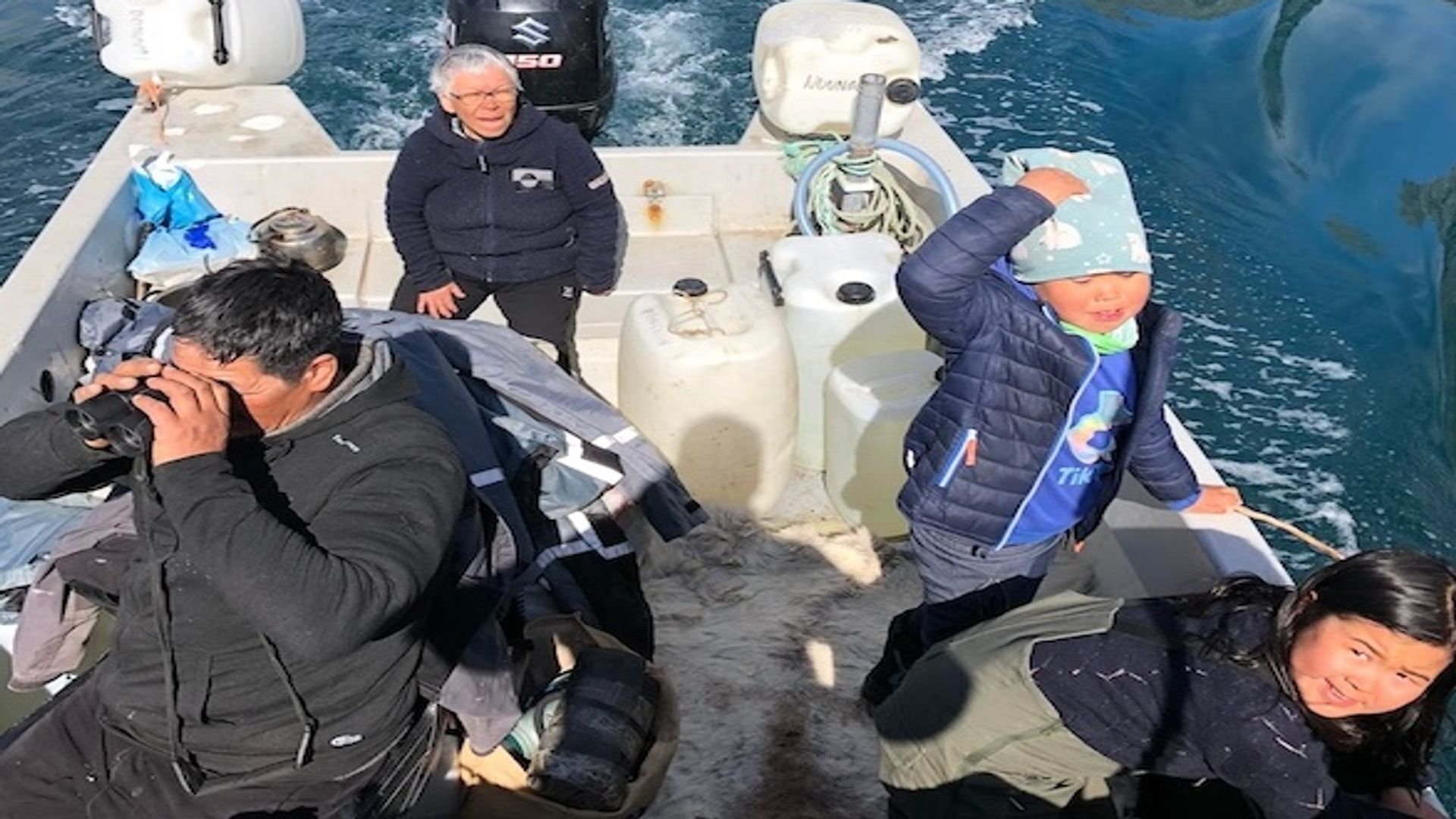
Arctic seas
12/13/2023
2023 ends with a Snowchange collaboration with the National Oceanic and Atmospheric Administration
NOAA’s 2023 Arctic Report Card documents new records showing that human-caused warming of the air, ocean and land is affecting people, ecosystems and communities across the Arctic region, which is heating up faster than any other part of the world. Snowchange contributed to the report.
Summer surface air temperatures during 2023 were the warmest ever observed in the Arctic, while the highest point on Greenland’s ice sheet experienced melting for only the fifth time in the 34-year record.
Overall, it was the Arctic’s sixth-warmest year on record. Sea ice extent continued to decline, with the last 17 Septembers now registering as the lowest on record. These records followed two years when unprecedented high abundance of sockeye salmon in western Alaska’s Bristol Bay contrasted with record-low Chinook and chum salmon that led to fishery closures on the Yukon River and other Bering Sea tributaries.
“The overriding message from this year’s report card is that the time for action is now,” said Rick Spinrad, Ph.D., NOAA administrator. “NOAA and our federal partners have ramped up our support and collaboration with state, tribal and local communities to help build climate resilience. At the same time, we as a nation and global community must dramatically reduce greenhouse gas emissions that are driving these changes.”
Over the last two decades, the Finnish nonprofit Snowchange Cooperative has restored dozens of sites, positively influencing 128,000 acres (52,000 hectares) of peatlands and forest damaged by decades of industrial harvesting and forest management.
The restoration demonstrates a globally relevant climate solution that increases carbon storage, preventing greenhouse gas emissions from entering the atmosphere. The restored peatlands are also restoring water quality and bringing back fish and birds, a vital food source and draw for ecotourism.
The annual Arctic Report Card, now in its 18th year, is the work of 82 authors from 13 countries. It includes a section titled Vital Signs, that updates eight measures of physical and biological changes, four chapters on emerging issues and a special report on the 2023 summer of extreme wildfires.
Link:
https:
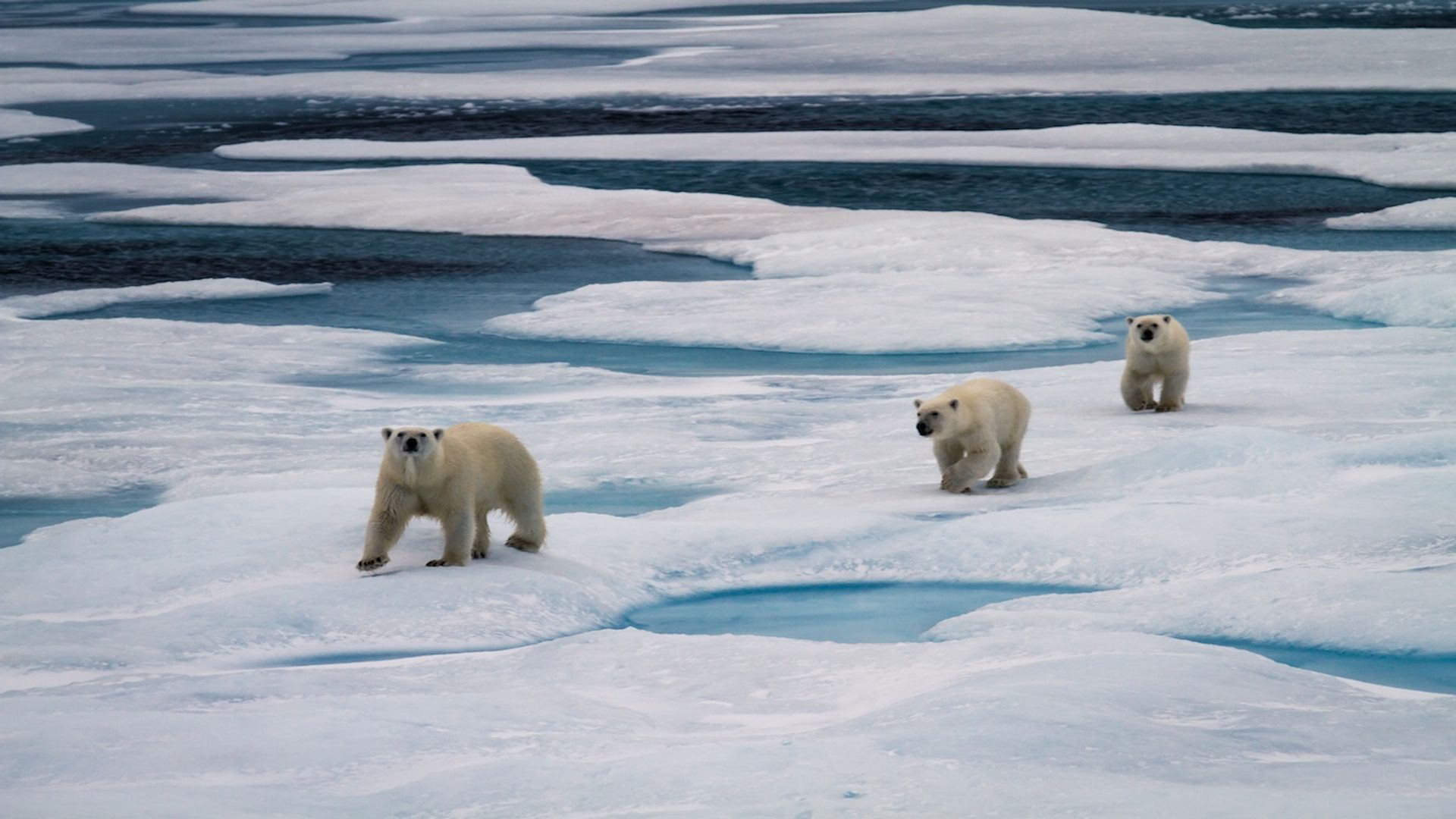
Arctic seas
7/18/2023
SKOLT SÁMI REWILDING WORK FEATURED IN A SCIENCE ARTICLE
Snowchange work with the Skolt Sámi is featured in a new peer-reviewed science article. The article discusses species on the move because of climate change and the human responses to this phenomena.
Global understanding of climate change has developed strongly in the last decades, particularly (and unfortunately) as observable impacts of climate change have increased. However, climate mitigation and adaptation efforts have not progressed at the level or scale that one might expect given this growing knowledge of climate change. A major obstacle to mitigation and adaptation is getting people to understand and relate to climate change – and be able to develop the attitudes and behaviours to take action. Our paper highlights that more effective approaches to engage people on climate change effects are urgently needed. We show that human values, trust networks, and place attachment are critical elements in developing effective and inclusive engagement on climate change.
We place our focus on ‘species-on-the-move’. Plant and animal species around the world are already shifting their distributions in response to climate change. These species-on-the-move impact ecosystem structure and function, food security, human health, livelihoods, culture and even the climate itself through feedbacks to the climate system.
In our paper, we outline how species-on-the-move also present an opportunity to engage people with climate change – specifically, by linking to human values, and connections with the places in which we live, in locally relevant yet globally coherent ways. We highlight how species-on-the-move offer emotional pathways for people to connect with the complex issue of climate change in profound ways that have the potential to engender interest and climate action.
Link:
https:
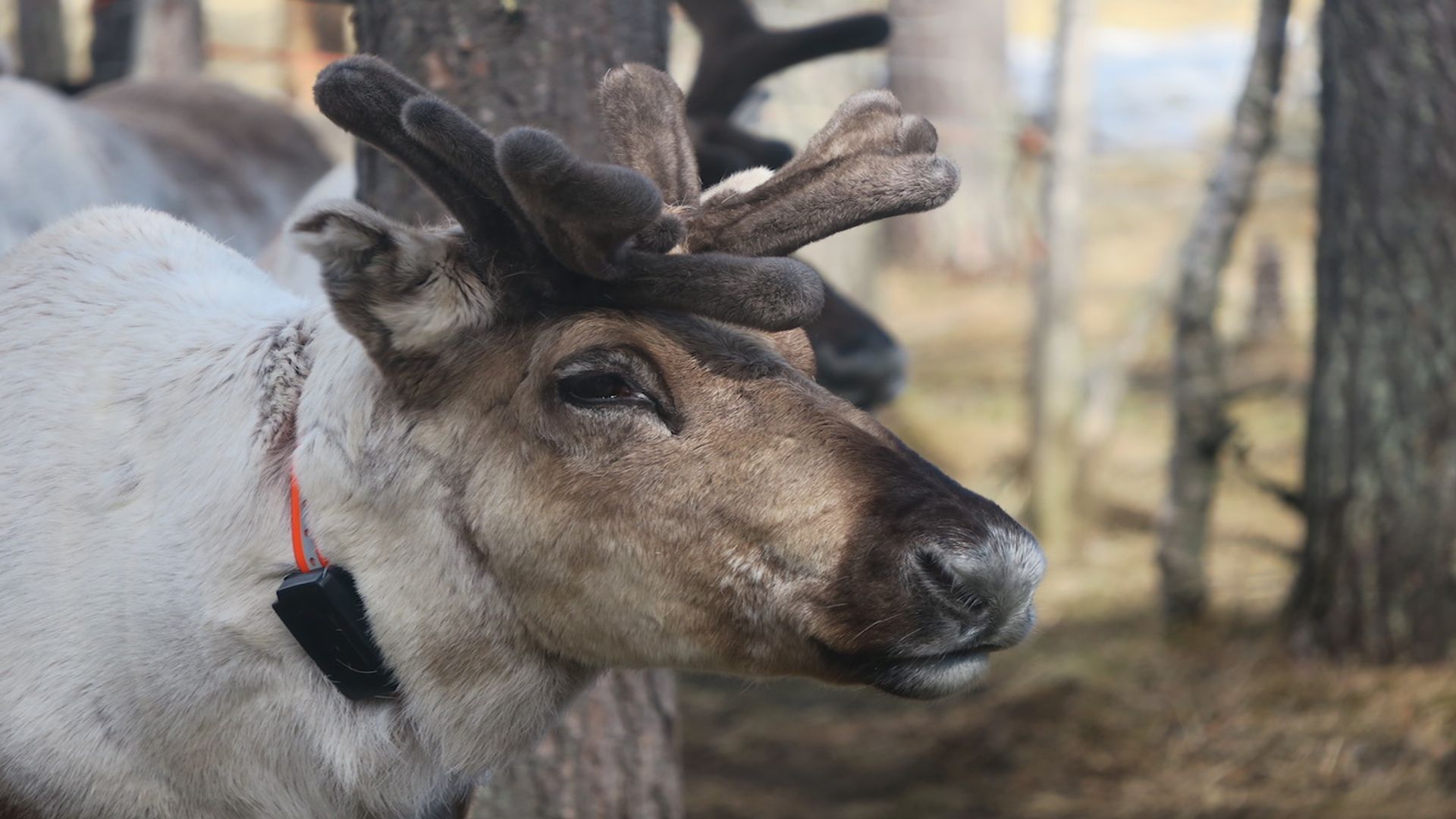
Arctic seas
6/12/2023
Large Marine Use and Occupancy and Traditional Knowledge Book About Oura Released
Oura Archipelago is a biocultural landscape in the Northern Baltic Sea. It is a home to a unique small-scale marine fishing community and seal hunting. Oura lifeways have been shaped by accepting innovations in fisheries, economic incentives and opportunities and limits provided by the northern marine ecosystem. Until the 1940s, the community was able to order relatively autonomously its own governance in Oura. Starting from the mid-1900s, modernization of fisheries in Finland combined with environmental pollution altered the two iconic practices – drift netting and seal hunting in Oura. A new book documents these efforts, released by Snowchange in June 2023
The book explores the ecology and notions of the self-capacity of the fishers to order their landscapes and respond to the shifting realities on the islands.
In the 2010s, strict nature protection increased external governance to the islands. The book concludes with the latest solution spaces for revitalization of this unique biocultural landscape.
Authors include Juhani Mellanoura, a biologist and TEK expert as well as Tero and Kaisu Mustonen from Snowchange.
Link:
http:
